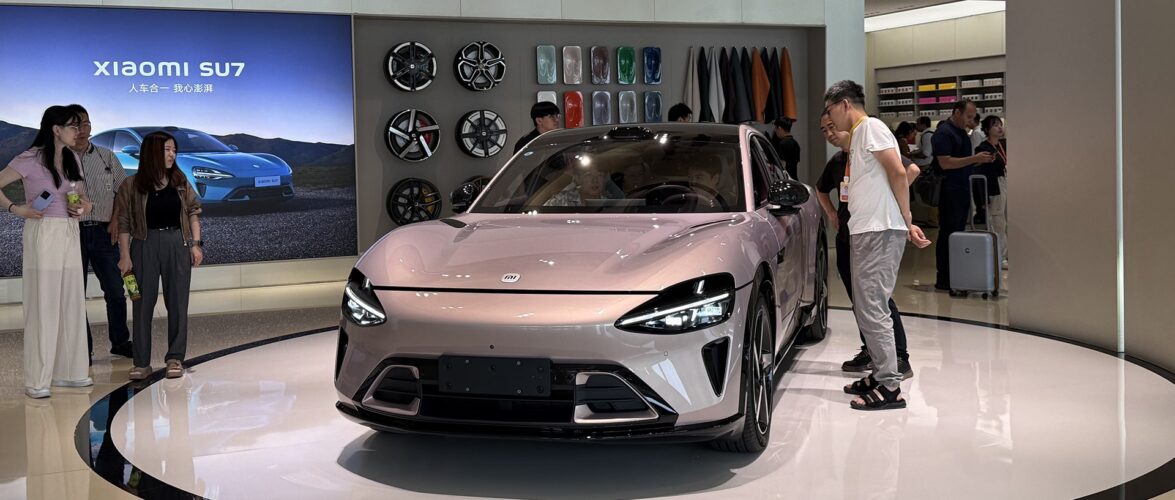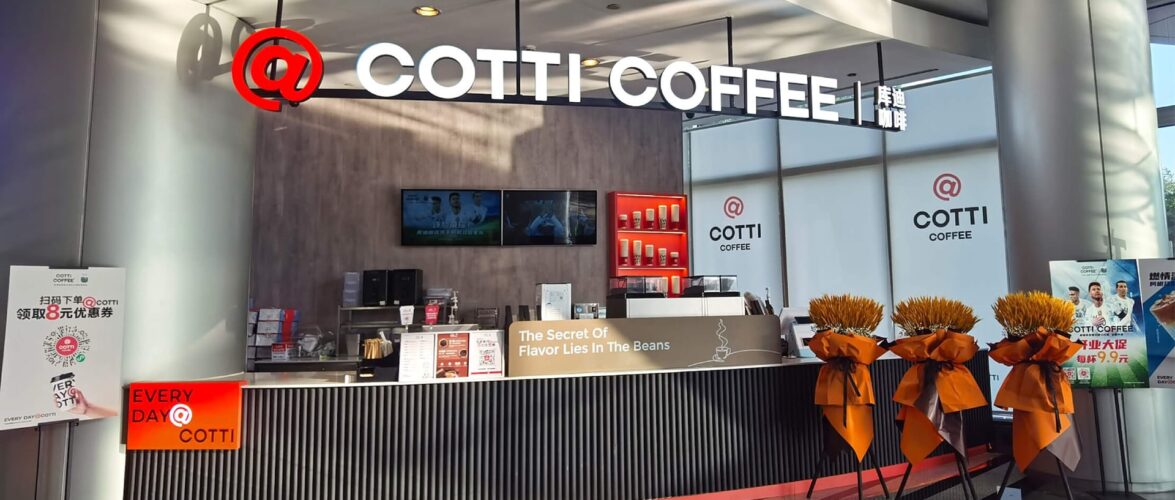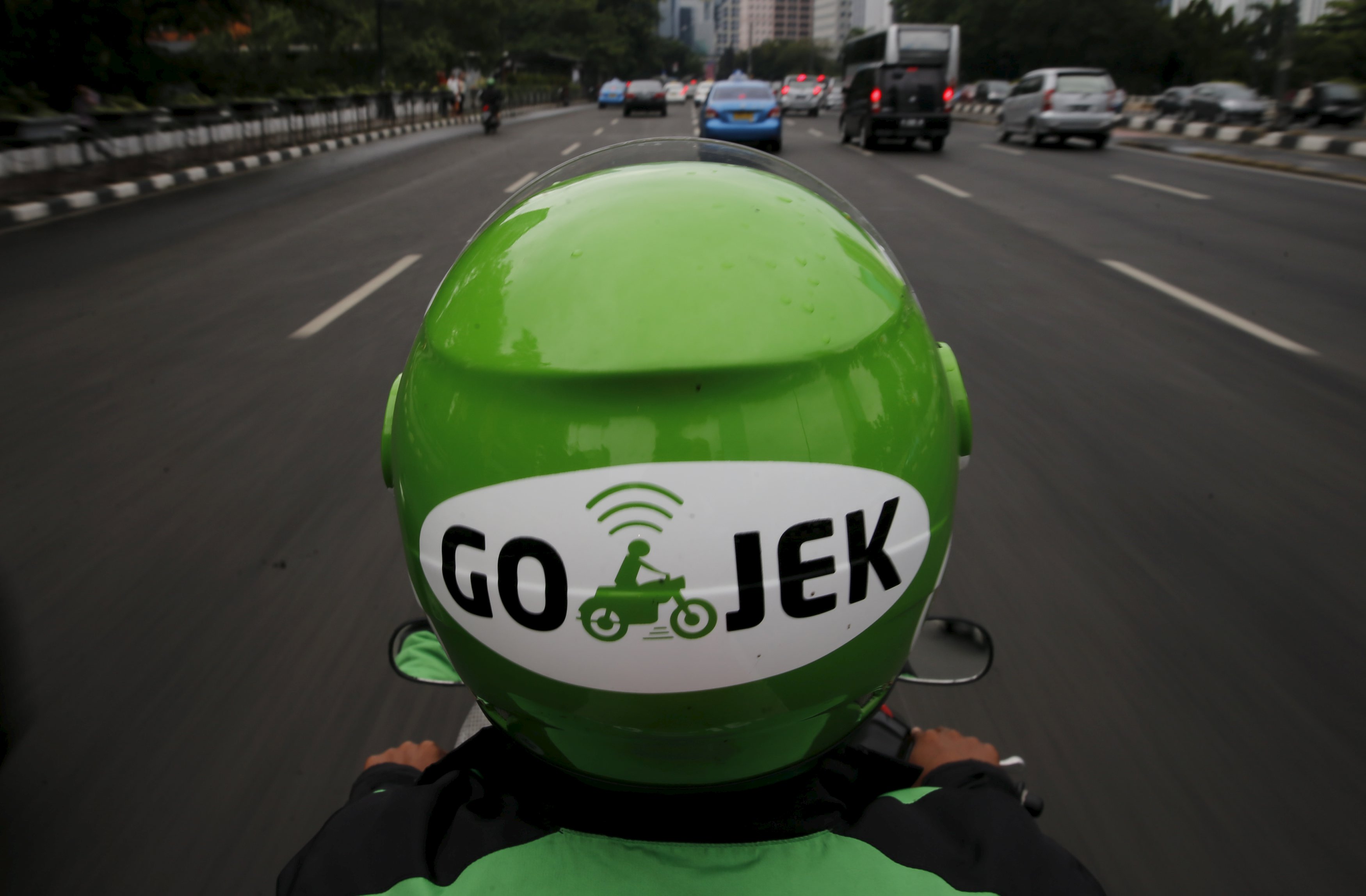Drivers for Gojek’s GoSend Same Day delivery service, or GoKilat, have been refusing orders since Tuesday to protest the company’s one-sided decision to lower their incentive scheme. With the three-day protest ending Thursday, Gojek still hasn’t budged.
“Nothing changes. Gojek hasn’t responded to our protest,” said Yulianto, a Jakarta-based GoKilat driver and appointed spokesperson of those on strike. He told KrASIA that considering the financial situation of the couriers, the strike will end today, and they will start taking orders again tomorrow. Regardless, the drivers disapprove of the new incentive scheme, which cuts their bonuses by more than half.
Previously, couriers received IDR 10,000 (USD 0.70) for five completed deliveries. Under the new system, which went into effect Tuesday, drivers will only receive IDR 5,000 for the same amount of work. Despite slashing the bonus, Gojek didn’t raise the fixed base pay of IDR 2,000 (USD 0.14) per kilometer. Income from the per-kilometer tariff alone is not enough for the drivers’ livelihoods, said Yulianto.
While the couriers failed to change Gojek’s new incentive scheme, they caught the attention of the national government. On Wednesday, the Transportation Ministry (Kemenhub) said it will summon Gojek’s representative along with GoKilat drivers to mediate the dispute, according to local media outlet Tempo. Yulianto said the drivers are yet to receive an official invitation.
Yulianto further highlighted that Gojek temporarily deactivated its performance review system on Tuesday. “Only drivers with a performance rate over 80% are eligible for the incentive scheme,” he said. Normally, those who repeatedly cancel orders receive bad scores. By temporarily deactivating the system that would penalize inactive drivers, Gojek could be sending a signal of goodwill to its couriers.
GoKilat couriers will meet on Thursday afternoon to formulate their next steps. Meanwhile, a Gojek spokesperson said that services are operating as normal and that the company will implement its new incentive structure. “One of the most effective ways we can support our driver partners is by increasing customer orders,” the spokesperson said. “We will continue to work with our driver partners to build customer loyalty and ensure ongoing, sustainable growth for all.”

A challenge in civil court?
Before the strike, GoKilat driver representatives consulted labor law experts, considering that a one-sided tariff reduction may violate the Micro, Small, and Medium Enterprises Law (UU 20/2008) and the Transportation Ministry Regulation No 12/2009 (Permenhub 12/2009), which regulates tariffs for two-wheeled vehicle usage.
However, Nabiyla Risfa Izzati, a labor law researcher from Gajah Mada University, told KrASIA that UU 20/2008 is not the appropriate reference for this dispute. “The problem is the partnership between Gojek and their driver partners still doesn’t have a clear legal umbrella,” she said. “It’s based on the agreement in the Civil Code (KUH Perdata). The principle is: one party may not change the agreement unilaterally, and the agreement must be mutually beneficial.”
A legal dispute based on Permenhub 12/2009 might be tricky as the regulation mainly controls the per-kilometer tariff and not the incentive scheme, Izzati said.
“I think the drivers can bring the case to the Civil Court to cancel the [incentive] agreement change,” she said. However, it won’t be an easy route, given the unbalanced bargaining position between driver partners and the company. A more viable option for the drivers would be to push for a meeting with company representatives, she said.
Izzati urges the government to formulate a law to protect gig workers, otherwise, this may not be their last protest.





